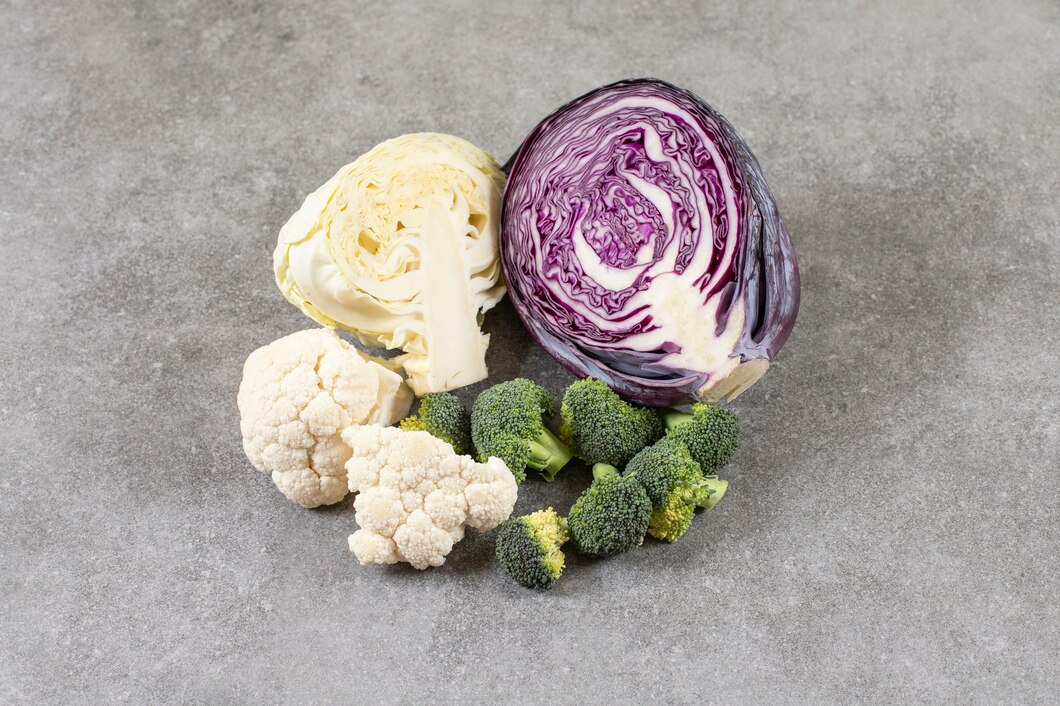Hyperthyroidism, a condition where the thyroid gland produces too much thyroid hormone, can significantly affect metabolism, energy levels, and overall health. Managing this condition involves medication, lifestyle changes, and a carefully planned diet. For those living with hyperthyroidism in South Africa, knowing what foods to avoid is crucial for managing symptoms and promoting thyroid health. Here are 20 foods that should be limited or avoided:
1. Iodized Salt
Iodine plays a significant role in thyroid hormone production, so avoiding foods with excessive iodine is essential. South Africans should opt for non-iodized salt and avoid using iodine-fortified products.
2. Seaweed
Seaweed, including kelp, nori, and wakame, is a rich source of iodine, which can exacerbate hyperthyroidism. Even though seaweed is a popular addition to sushi and some South African dishes, it should be avoided.
3. Fish High in Iodine
Some fish, like cod, haddock, and shrimp, contain high levels of iodine. People with hyperthyroidism should reduce their intake of these fish to avoid triggering thyroid hormone production.
4. Shellfish
Shellfish, such as oysters, clams, and prawns, are also high in iodine. While seafood is widely enjoyed along South Africa’s coastal regions, individuals with hyperthyroidism should consume these delicacies sparingly.
5. Dairy Products
Dairy, especially milk, cheese, and yogurt, contains iodine due to the iodine content in animal feed. Limiting dairy consumption can help manage hyperthyroidism symptoms more effectively.
6. Egg Yolks
Egg yolks contain iodine, which can contribute to an overactive thyroid. People with hyperthyroidism can still enjoy egg whites, which are a good source of protein, but should avoid the yolks.
7. Processed Foods
Processed foods often contain iodized salt and additives that can be harmful to individuals with hyperthyroidism. South Africans should steer clear of packaged snacks, instant soups, and ready-made meals.
8. Soy Products
Soy-based foods, including tofu, soy milk, and soy sauce, may interfere with thyroid function and hormone levels. It’s advisable to limit or avoid soy products, even though they are popular plant-based protein sources.
9. Cabbage
Cruciferous vegetables like cabbage can interfere with the thyroid’s ability to use iodine, which can be harmful to those with hyperthyroidism. Although cabbage is a staple in many South African dishes, it’s best to consume it sparingly.
10. Broccoli
Like cabbage, broccoli belongs to the cruciferous vegetable family and contains goitrogens that can affect thyroid function. Cooked broccoli is less harmful, but raw broccoli should be avoided.
11. Cauliflower
Cauliflower is another cruciferous vegetable that can disrupt thyroid function in those with hyperthyroidism. It’s commonly used in various South African recipes, but should be limited.
12. Brussels Sprouts
Though nutritious, Brussels sprouts are high in goitrogens, which can negatively affect thyroid health. They are best avoided or eaten in moderation by individuals with hyperthyroidism.
13. Kale
Kale, a popular health food, is also a cruciferous vegetable that may interfere with thyroid hormone production. It’s best to limit kale consumption to avoid worsening hyperthyroidism symptoms.
14. Peaches
Peaches contain compounds that can disrupt thyroid function. Though a favorite summer fruit in South Africa, it’s wise for those with hyperthyroidism to avoid or limit peach consumption.
15. Spinach
While spinach is packed with nutrients, it also contains goitrogens, which can interfere with thyroid hormone production. South Africans with hyperthyroidism should monitor their spinach intake.
16. Strawberries
Strawberries, though delicious, contain natural goitrogens that can impair thyroid function. Individuals with hyperthyroidism should reduce their intake of strawberries.
17. Turnips
Turnips, like other cruciferous vegetables, can affect iodine uptake and thyroid function. Consuming too many turnips could aggravate hyperthyroidism, so it’s best to avoid them.
18. Mustard Greens
Mustard greens, commonly used in South African cuisine, are high in goitrogens, which can impair thyroid function. Limiting this leafy vegetable can help manage hyperthyroidism better.
19. Alcohol
Excessive alcohol consumption can affect thyroid function and worsen hyperthyroidism symptoms. South Africans who enjoy their occasional drinks should be mindful of alcohol’s impact on thyroid health and limit their intake.
20. Caffeinated Beverages
Caffeine, found in coffee, tea, and energy drinks, can stimulate the nervous system and exacerbate hyperthyroidism symptoms like anxiety and heart palpitations. Reducing or eliminating caffeinated beverages is beneficial for those with an overactive thyroid.
Managing hyperthyroidism through diet is crucial for overall well-being. While some of the foods on this list may be staples or popular in South African cuisine, moderating or avoiding them can help manage symptoms and support a healthier thyroid function. Always consult with a healthcare provider or nutritionist for personalized dietary advice tailored to your specific condition.








